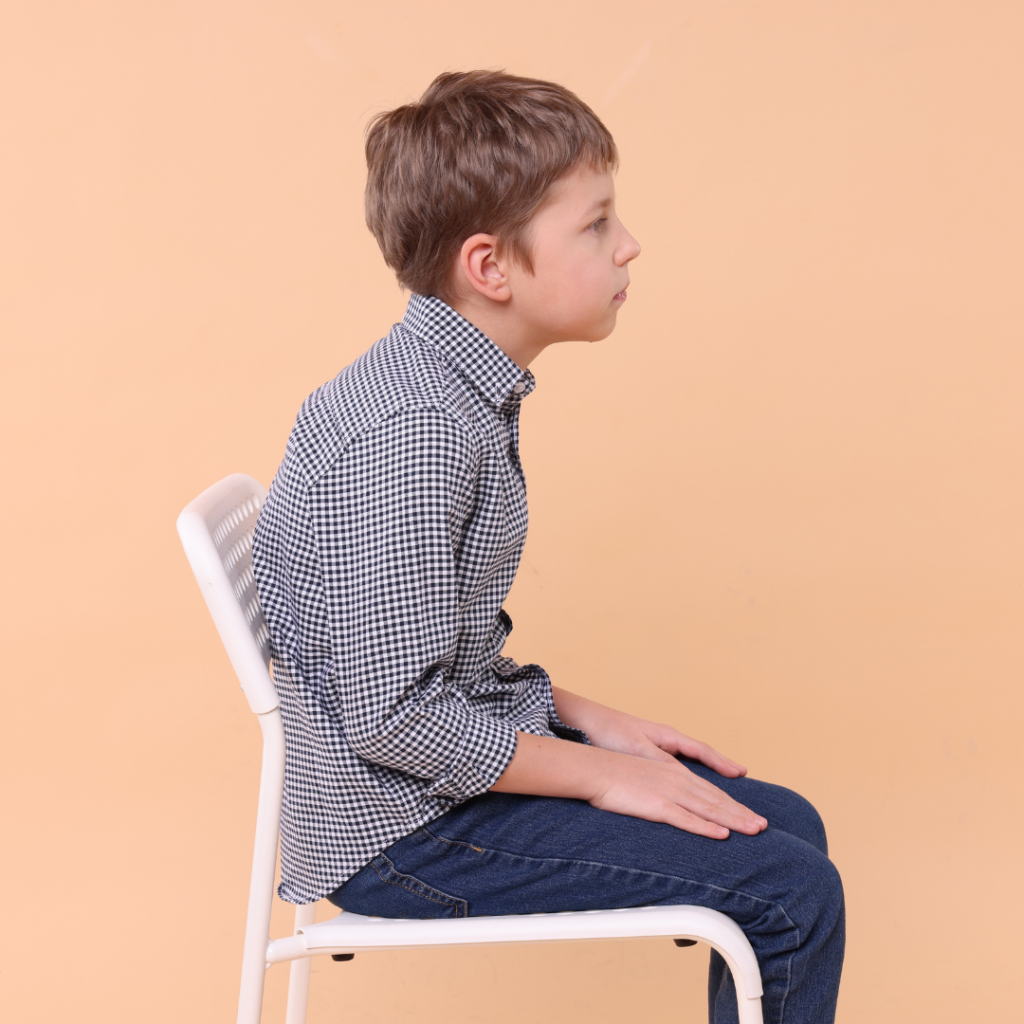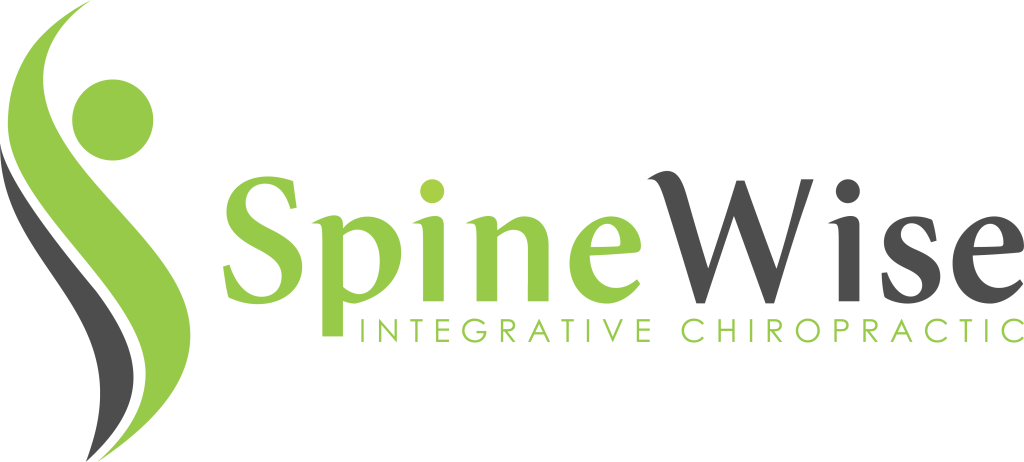Posture and Your Brain: Why Standing Up Straight Isn’t the Answer?


We’ve all heard it before—“stand up straight,” “pull your shoulders back,” “fix your posture.” But posture isn’t just about willpower or discipline. It’s actually a window into how your brain and body are working together. And often, the classic Rounded Shoulders Posture isn’t a structural problem at all.
One of the brain’s key roles is posture control. The cortex helps keep us upright by inhibiting our flexor muscles—the ones that naturally pull us forward. Without this cortical influence, the body falls into a stooped position. That’s why the Rounded Shoulders Posture you see in humans can resemble the way apes stand and walk. Apes don’t have the same cortical tone humans rely on, so their default is forward-leaning shoulders and a bent frame. In people, seeing shoulders roll forward and the chest collapse inward can be a subtle sign of poor cortical tone, not just “bad habits.”


But posture also depends on endurance. Holding yourself upright isn’t a one-time effort; it’s a constant demand on your body’s aerobic, fatigue-resistant muscles. When these muscles can’t sustain energy production, posture crumbles. That’s why at the end of a long day—or after prolonged stress—your body slouches, your head drops, and you fall into that familiar Rounded Shoulders Posture. Fatigue is written into your posture.
Here’s a simple test: if you can sit or stand tall with good posture when asked—even for a few seconds—your problem is unlikely to be purely structural. Instead, it suggests that fatigue or brain health may be the real culprit. If, on the other hand, you physically cannot align your body despite trying, structural issues may be involved.
So next time you notice yourself slouching, don’t just force your shoulders back and think the problem is solved. Ask yourself: Is this fatigue? Is this a sign of reduced brain tone? Or is there a deeper structural cause?
Good posture isn’t about stiff, military-like alignment. It’s about having a resilient brain, strong endurance, and energy systems that support you all day long. The real solution to Rounded Shoulders Posture isn’t simply “standing up straight”—it’s addressing the brain and body systems that hold you there.










